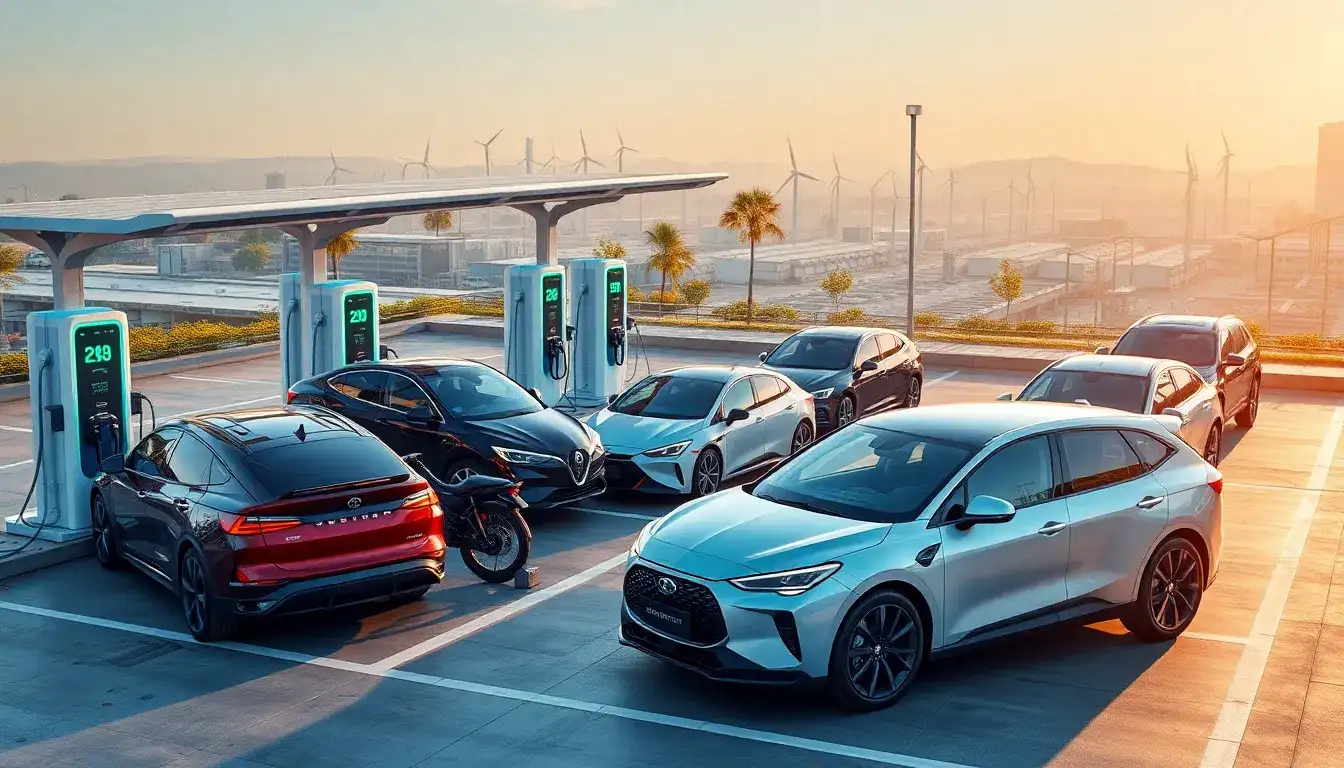
In the current era of rapid electrification, the quality of charging infrastructure is critical. As of now, a significant advancement has been made, allowing for a comprehensive assessment of the quality of electric vehicle (EV) charging networks.
As of March 21, 2025, at 17:59, reports indicate that the market for electric vehicles has seen substantial growth, aided by the widespread availability of charging stations. The establishment of a standardized framework for EV charging networks has become increasingly essential.
On March 18, 2025, a collaborative effort between leading electric vehicle manufacturers was announced, aimed at creating the largest charging network for electric vehicles. This initiative aims to enhance the accessibility and convenience of charging options for consumers.
Moreover, investments in charging infrastructure are projected to reach a staggering 25 billion yuan. This will enable the development of advanced charging solutions that cater to the needs of the growing EV market.
In December 2025, it is anticipated that over 1,000 charging stations will be constructed, with the goal of establishing a total of 3,000 charging stations across the country. This expansion will significantly improve the charging experience for electric vehicle users.
The CEO of a leading electric vehicle company highlighted that charging solutions are evolving to meet the increasing demands of consumers. The focus on sustainable energy resources will further drive the development of efficient, high-quality charging stations.
Currently, there are approximately 68,000 charging points operational, which are integrated into a smart grid system. This infrastructure supports the efficient management of energy demands and facilitates the transition to a cleaner energy future.
According to the latest plans, by June 30, 2025, substantial progress is expected, with 1,200 charging stations planned for major cities including Beijing, Shanghai, and Guangzhou. By December 31, 2025, the aim is to have 2,300 charging stations fully operational.
In terms of policy, in May 2020, the initial guidelines for electric vehicle charging infrastructure were published, paving the way for future development. This initiative is part of a broader strategy to promote electric vehicle adoption and reduce carbon emissions.
In conclusion, the electric vehicle market is poised for exponential growth. The ongoing collaboration and investment in charging infrastructure are crucial to ensure a seamless transition to electric mobility. As the demand for electric vehicles continues to rise, the corresponding development of charging networks will play a vital role in shaping the future of transportation.







